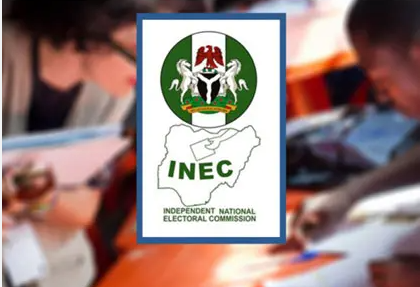Nigeria, for the first time ever, deployed new technological processes and devices, such as the Bimodal Voters Accreditation System (BVAS) and INEC Results Viewing Portal (IReV), to ensure free and fair transmission of election results from various angles of the country.
However, during the just-concluded presidential election process in Nigeria, the independent body in charge of conducting the election process in the country, the Independent National Electoral Commission (INEC), recorded several technical issues despite the widespread use of cutting-edge voting technologies.
The objectives of introducing BVAS and iREV were to guarantee that every eligible voter would be able to cast a ballot and that accurate vote tallies would be reported in real-time to the INEC portal from each polling booth.
Despite increased confidence, hopes, and guarantees about the electronic transmission of results, the Independent National Electoral Commission (INEC) deferred vote counting for states until 48 hours after the presidential elections, drawing a torrent of condemnation from Nigerians and election observers.
Read also: Google supports Nigerian presidential elections with ballot paper doodle
A technical glitch occurred on election day, just as polls were closing, in the IReV system that the electoral office had built to receive election result sheets immediately from polling units around the nation had issues.
In one case, after the votes were counted at the polling units, most INEC officials at the polling unit claimed technical difficulties barred them from uploading the results to the INEC server through the BVAS machine.
Only a small percentage of them were able to upload results from the federal legislative elections to the server. The technical issue experienced led some Nigerians to believe that the IReV had already been compromised.
INEC refute the claims of deliberately sabotaged of IReV
Meanwhile, the commission has refuted the claims, stating that the site is having technical difficulties and not being deliberately sabotaged, as well as that IReV is now protected as INEC works to resolve the issues. The independent body made this clear in a statement.
The statement read: the site has been slower and less stable than it was during elections held in the off-season. The significance of IReV to our outcomes management process makes this setback all the more distressing to the Commission. The issue is a direct result of technological difficulties encountered in expanding the IReV from a platform for handling off-season state elections to one for handling nationwide general elections. It is indeed not unusual for glitches to occur and be corrected in such situations.
That being said, “the Commission wants to assure Nigerians that the issues are not due to any entry or sabotage of our systems and that the IReV remains well-secured.” Our technical staff is working tirelessly to resolve any existing issues, and IReV users should have seen improvements since yesterday night”.
“The Polling Unit results, of which copies were sent to political parties, are secure on the BVAS and the IReV site, we can guarantee the Nigerian people. If there is a disparity between these results and the physical results used in collation, the commission will conduct a thorough investigation and correct the problem in accordance with Section 65 of the Election Act 2022,’’ the statement concluded.
